How did the police ever solve any crimes before CCTV? That was the question which sprang to mind watching the first episodes of two highly promising new crime dramas this week. It’s also the central question now facing the detective in one of them.
Part police officer, part career women, Rachel Carey in The Capture (BBC1, Tuesday) is being fast-tracked through the system to the traditional disapproval of her grizzled, old-school boss DCI Alex Boyd — imaginatively known as Boydy. Fortunately, Rachel (Holliday Grainger) won’t be with his unit for long. Having saved Britain from a deadly terrorist attack while working for special ops, she’s been sent there temporarily to see how she might handle a high-profile murder or kidnapping.
And as luck would have it, she didn’t have to wait long. Within hours, CCTV street footage obligingly showed a woman being attacked and apparently abducted by a soldier. The trouble was that the soldier in question turned out to be Shaun Emery (Callum Turner), who’d just been released from prison after video evidence of him executing a Taleban insurgent was revealed as unreliable. (‘You do know your suspect is a national hero,’ Boydy gleefully pointed out.)
Pausing only to punch several investigating officers in the face, Shaun insisted that the CCTV footage was also faked in some unspecified way. The first part, in which he and his improbably glamorous defence lawyer celebrated their appeal victory with a kiss, he accepted as real; but not the bit where he smashed her to the ground and dragged her towards his car. At which point, the security services had a quiet word with Boydy and ordered that the footage be redacted anyway.
So, Rachel is now forced to wonder, what other evidence is there? (None.) Come to that, why are the spooks involved? (Who knows?) As for the big one, did Shaun do it?, Rachel’s suspicion is that he did, but is suffering some sort of PTSD-induced amnesia. Then again, she may not have as much experience of big TV twists as we non-fictional types.
At this stage, in other words, I don’t have a clue what’s going on — but I can’t wait to find out. And that, for the opening episode of a thriller, is pretty much the definition of mission accomplished.
Because it tells a true story — to which CCTV was duly central — the same uncertainty isn’t available to A Confession (ITV, Monday). Perhaps for the same real-life reason, the programme also offers the rare sight of a TV detective who’s a middle-aged white bloke: DS Steven Fulcher (Martin Freeman). If you remember — or, like me, rather shamefully needed to Google — the disappearance of 22-year-old Sian O’Callaghan after a night out in Swindon in 2011, you’ll know the real meat of an extraordinary story is yet to come. In the meantime, the first episode did its very different job just as well as The Capture’s — by making it clear that we’re in the safest of hands, with Jeff Pope’s thoughtful script matched by strong performances from all concerned, especially Siobhan Finneran who traced Sian’s mother’s cycle of hope and despair with heartbreaking precision.
One of the more unexpected developments in recent television is that Jeremy Paxman now makes programmes for Channel 5 — although, after watching the subtly titled Why Are Our Politicians So Crap? (Monday), I’ve got a theory as to why. The channel is so chuffed to have him that nobody there is ever likely to say, ‘Er, Jeremy, don’t you think you might be going a tad over the top here?’
The programme started as it meant to go on. Standing in front of the Houses of Parliament, Paxo jerked a scornful thumb over his shoulder and declared that ‘In that building behind me are 650 of the most despised people in Britain — dreary, uncharismatic jobsworths whose priority is looking after number one.’ To prove it, he then inevitably mentioned ‘accepting public money’ to ‘renovate their duck houses’, even though he must have known — or could easily have found out — that those famous duck-house expenses (from 2007) were never paid and, according to a recent episode of Radio 4’s The Reunion, never even claimed. And with that, he produced Jonathan Aitken (imprisoned in 1999) as an example of the current malaise.
Very occasionally, there were glimpses of nuance. But these were mainly supplied by other people and anyway never detained Jeremy for long, as he channelled his inner taxi-driver for another rant about how ‘they’re all the same’. Nor did his solutions to the problem — among them moving Parliament to Wolverhampton — feel particularly convincing.
By the end, he’d overstated his case so wildly that some viewers might well have discovered a hitherto unsuspected sympathy for MPs. They might also have found themselves wondering: ‘What are you really angry about, Jeremy?’
Got something to add? Join the discussion and comment below.
Get 10 issues for just $10
Subscribe to The Spectator Australia today for the next 10 magazine issues, plus full online access, for just $10.
You might disagree with half of it, but you’ll enjoy reading all of it. Try your first month for free, then just $2 a week for the remainder of your first year.

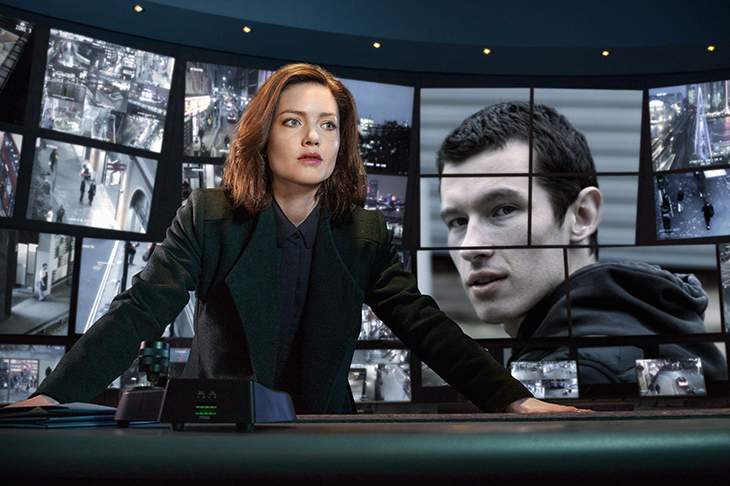
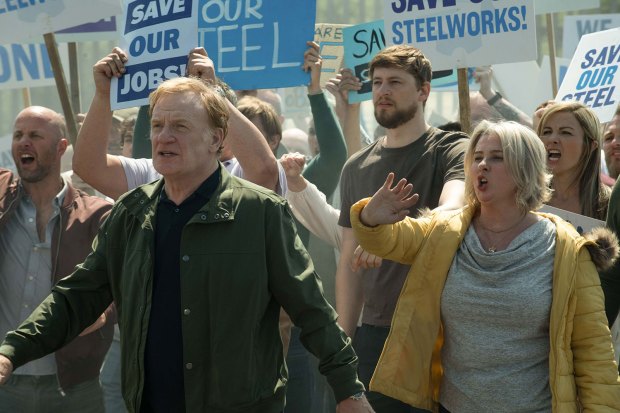

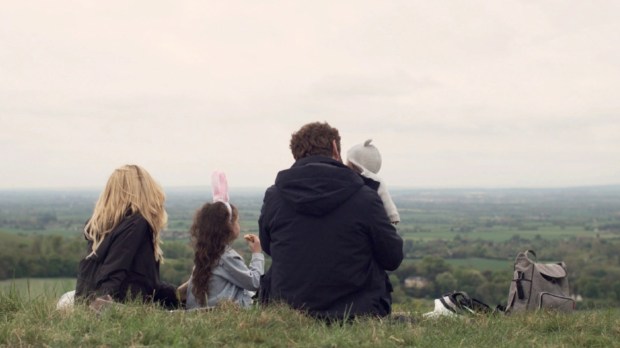
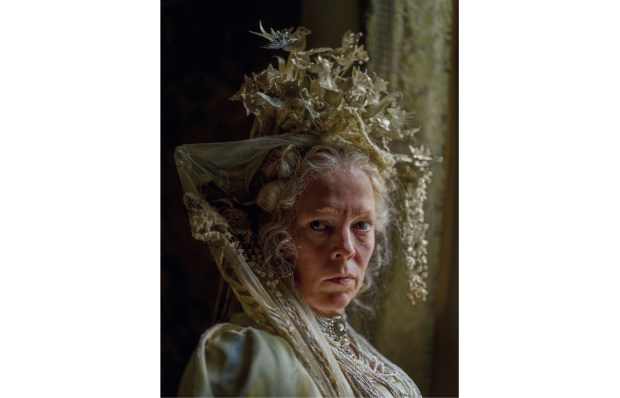

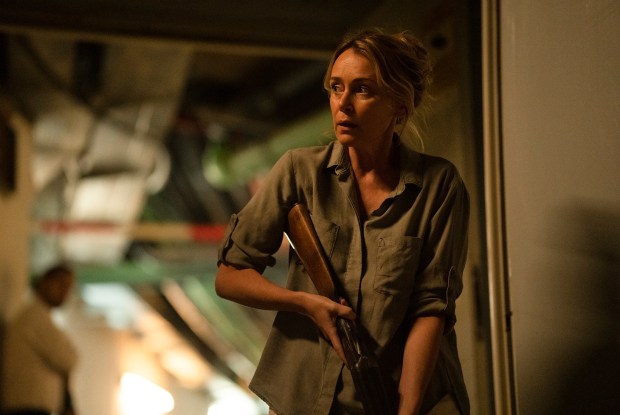






Comments
Don't miss out
Join the conversation with other Spectator Australia readers. Subscribe to leave a comment.
SUBSCRIBEAlready a subscriber? Log in